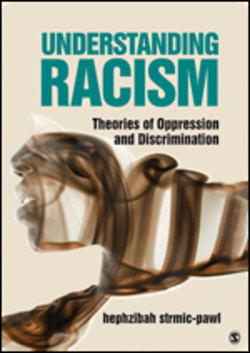Читать книгу Understanding Racism - Hephzibah Strmic-Pawl - Страница 59
На сайте Литреса книга снята с продажи.
Theoretical Benefits
ОглавлениеWhite privilege fills a significant gap in the analysis of racism. Prior to this concept, the majority of theories on racism focused on the discrimination people of color received. White privilege successfully moves the focus of the problem to the perpetuation of Whiteness and how Whites, knowingly or unknowingly, participate in and benefit from racism. Moreover, White privilege does not reduce racism to a problem of individuals or a “few bad apples” but pushes Whites to see that racism is a society-wide problem. This theoretical approach of White privilege puts the responsibility squarely on all Whites to recognize that meritocracy is a myth and that ending racism requires White participation. Amico calls upon Whites to confront their “internalized sense of racial superiority,” because if Whites are not a part of the solution, they are a part of the problem.34
Another theoretical benefit is that these scholars analyze how White privilege varies in relation to other intersecting identities, such as class, gender, and religion, but is not negated by them. Wise comes from a relatively poor Jewish background but clearly argues that these other marginalized identities did not make him immune to receiving White privilege. For example, as a child, Wise angrily stood up to a teacher who told him to listen to a Christian group, and as he reflects on his audacity in confronting the teacher, he notes:
It was white privilege that made the difference, far more so than some inherent courage on my part … it was predicated on the privilege that allowed even a lower-income white kid like myself to feel certain enough about my rights so as to challenge those who would abuse them … it was equally about the way that even Jews, with our historically inconsistent and situationally contingent whiteness, can still access the powers of our skin in ways that make a difference.35
Wise recognizes that he was oppressed in relation to his class and religious status, but his Whiteness still prevailed in providing the confidence of knowing he could stand up to a teacher without the threat of significant consequences. Rothenberg addresses how being a woman and an Orthodox Jew created barriers for her, while simultaneously White privilege mitigated some of those barriers and provided unique opportunities in other ways.36 The intersectional approach that details oppression received in one area (class, gender, etc.) along with the simultaneous experience of White privilege counters the potential criticism that Whites who have other intersecting oppressed identities do not receive any White privilege.
